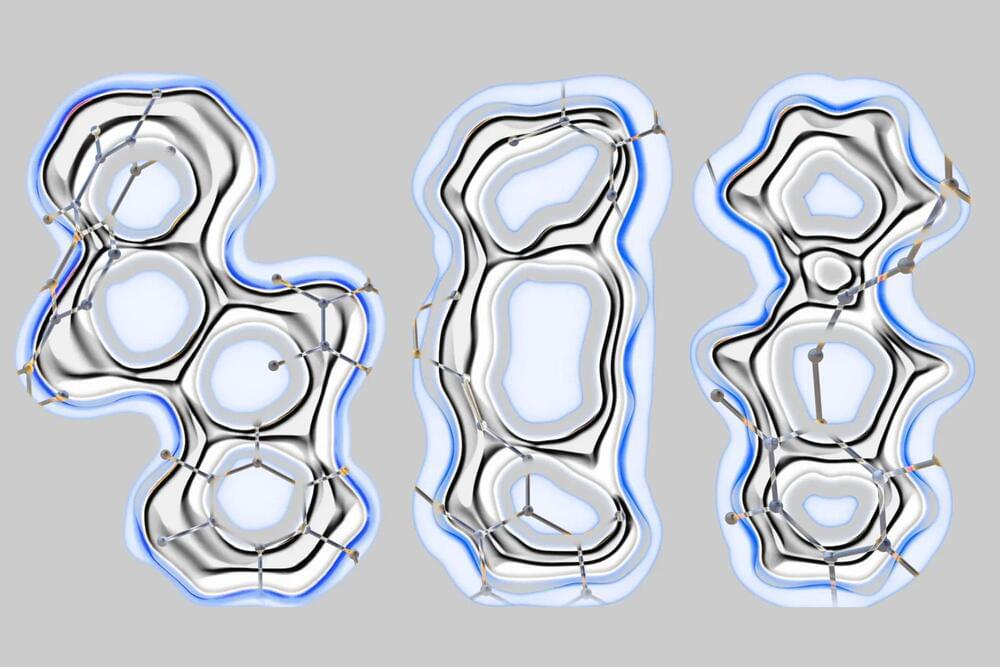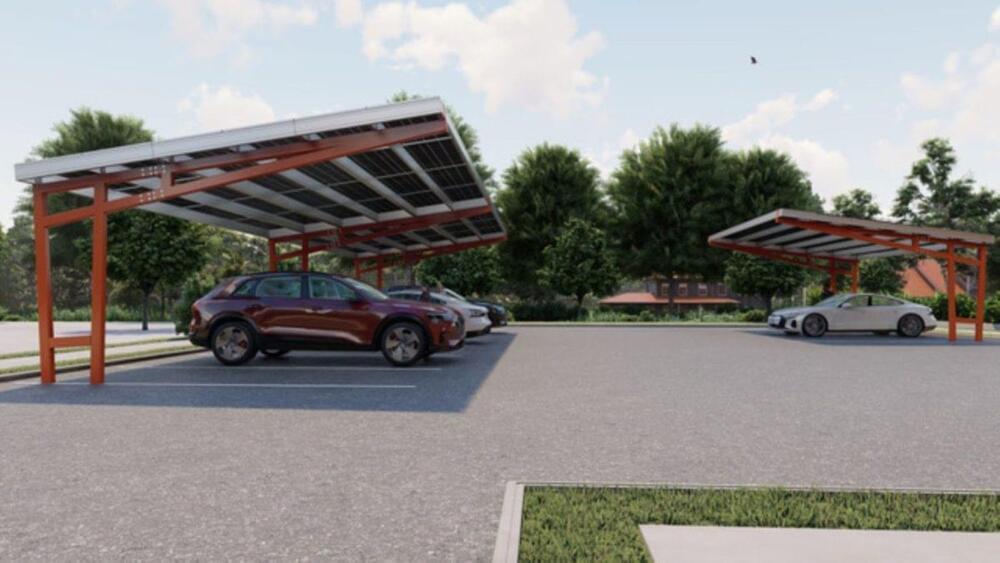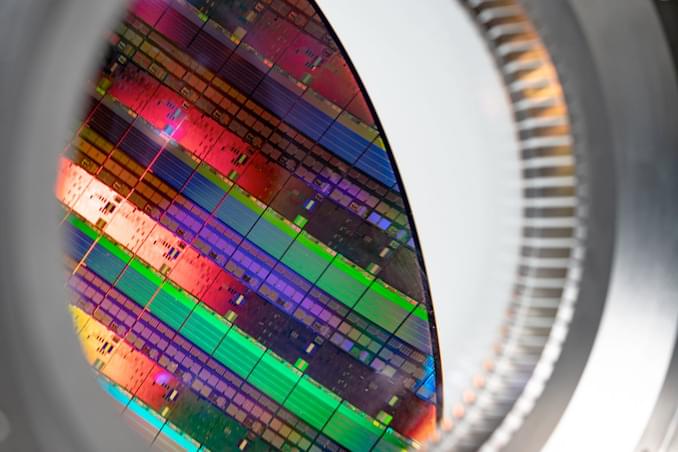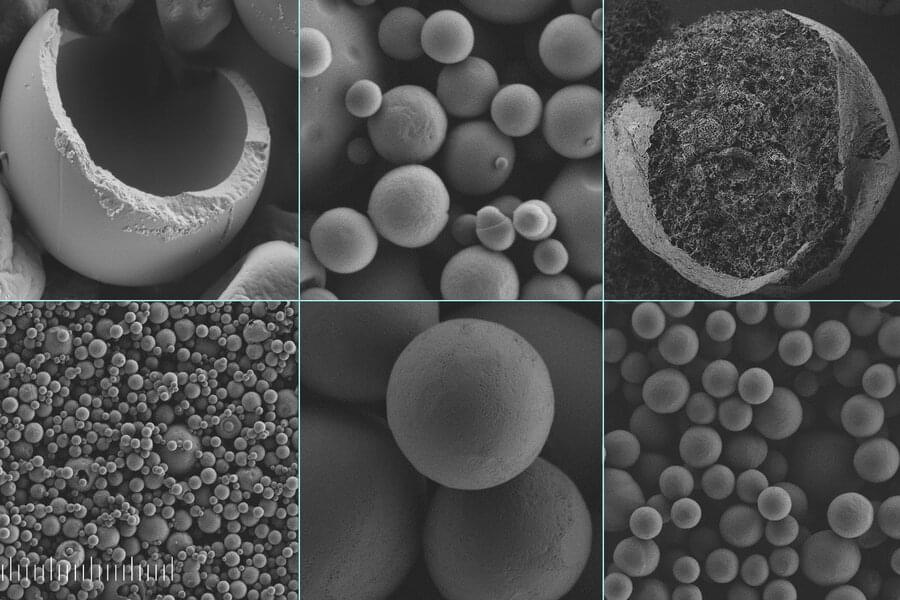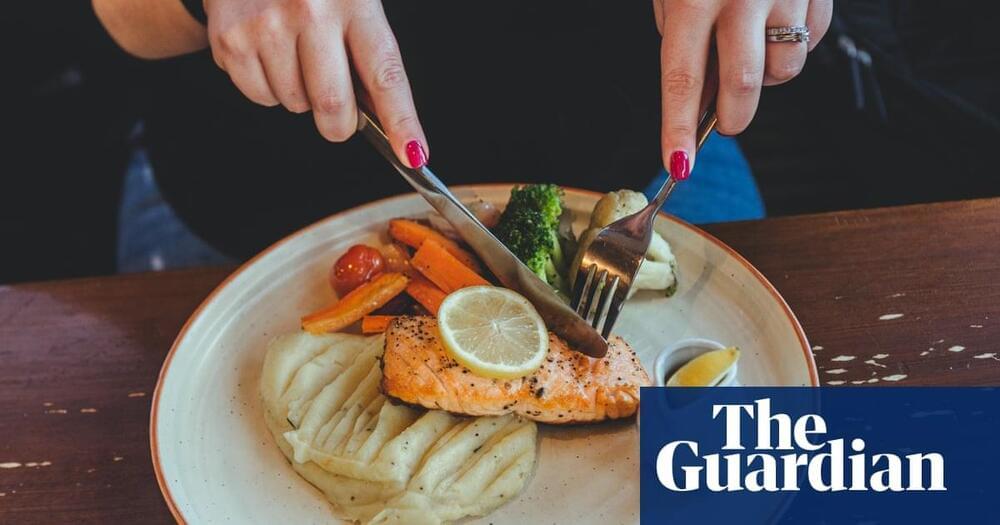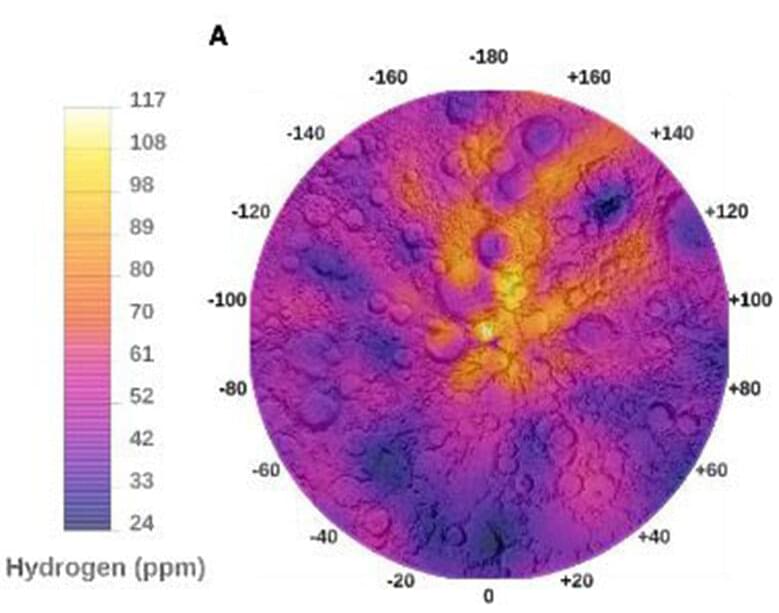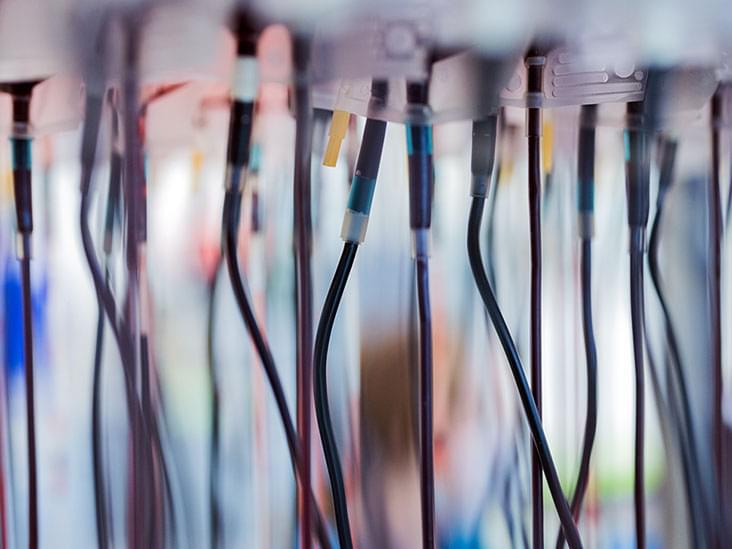In what’s being hailed as an important first for chemistry, an international team of scientists has developed a new technology that can selectively rearrange atomic bonds within a single molecule. The breakthrough allows for an unprecedented level of control over chemical bonds within these structures, and could open up some exciting possibilities in what’s known as molecular machinery.
Molecules are made up of clusters of atoms, and are the product of the nature and arrangement of those atoms within. Where oxygen molecules we breathe feature the same repeating type of atom, sugar molecules are made of carbon, oxygen and hydrogen.
Scientists have been pursuing something called “selective chemistry” for some time, with the objective of forming exactly the type of chemical bonds between atoms that they want. Doing so could lead to the creation of complex molecules and devices that can be designed for specific tasks.
